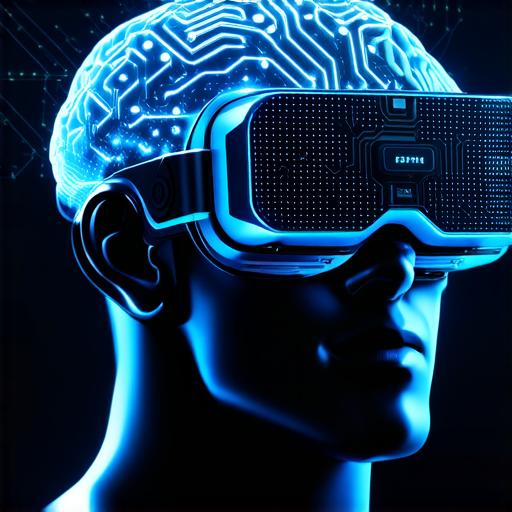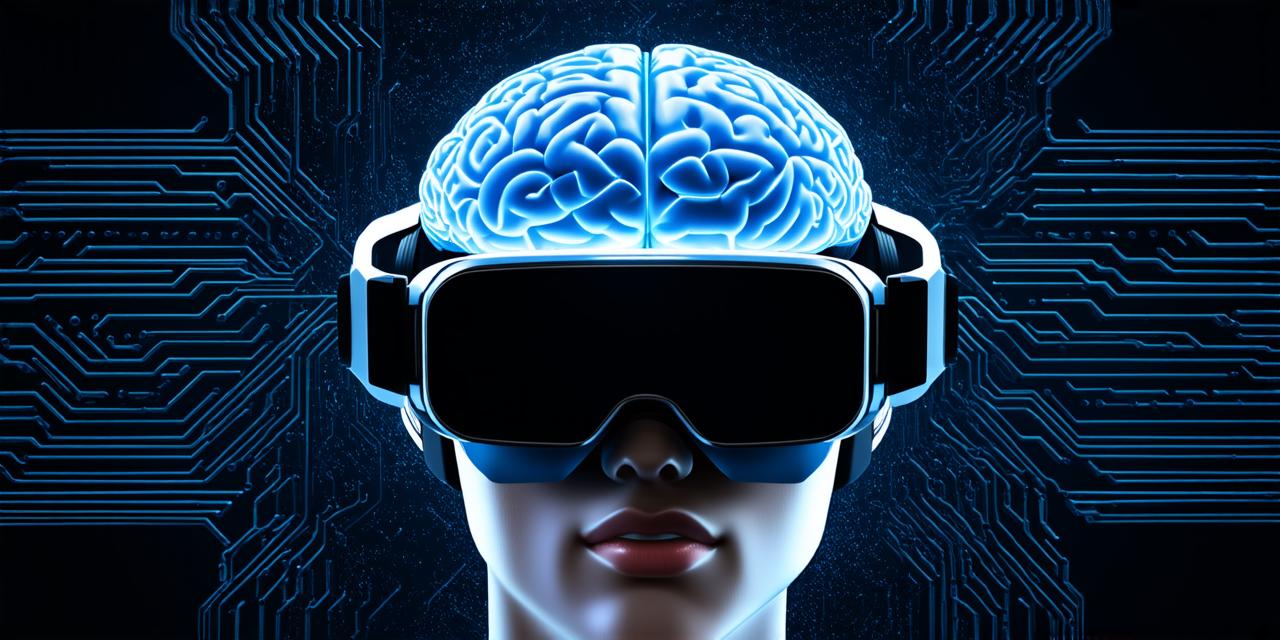
Positive Effects of VR on Brain Health:
1. Enhanced Memory: Studies have shown that VR can improve memory by creating more immersive learning experiences. For example, a study conducted by the University of California, Irvine found that students who learned using VR had better recall of information than those who learned through traditional methods (Kiili Pöröinen, 2019).
VR can provide a more engaging and memorable learning experience. Instead of reading or listening to information, users can interact with it in a more immersive way, which can make it easier to remember. Additionally, VR-based learning experiences can be personalized to the user’s individual needs and interests, which can further enhance memory retention.
2. Reduced Stress and Anxiety: VR can also be used to treat anxiety and stress disorders. A study conducted by the University of Oxford found that exposure therapy using VR was as effective as in-person therapy in reducing symptoms of PTSD (McLeod et al., 2014).
VR provides a controlled environment in which individuals can confront their fears or anxieties, allowing them to gradually desensitize themselves. This can be particularly useful for treating phobias or anxiety disorders that are difficult to treat with traditional therapy methods.
3. Improved Fine Motor Skills: VR can be used to improve fine motor skills, particularly in children with developmental disorders. A study published in the Journal of Autism and Developmental Disorders found that VR-based interventions were effective in improving hand-eye coordination and fine motor skills in children with autism (Tsatsoulis et al., 2018).
VR can provide a fun and engaging way for children to develop their fine motor skills. Games and activities designed specifically for VR can help children improve their dexterity, hand-eye coordination, and other fine motor skills in a safe and controlled environment.
Negative Effects of VR on Brain Health:
1. Motion Sickness: While some people may enjoy the immersive experience of VR, others may experience motion sickness or vertigo. This can be particularly problematic for individuals with a history of motion sickness or who are prone to balance problems.
Motion sickness can occur when the user’s inner ear and eyes are unable to reconcile conflicting information about movement. In VR, this can happen if the user is unable to distinguish between what they see on the screen and their own movements. To prevent motion sickness, it is important to maintain a steady pace and avoid sudden movements.
2. Addiction: VR has the potential to be addictive, particularly for individuals who are already prone to addiction or who have difficulty regulating their behavior. Overuse of VR can lead to neglect of other responsibilities, such as work or school, and may have negative effects on social relationships.
It is important to approach VR with caution and to set boundaries around how much time you spend using it each day. It may also be helpful to schedule regular breaks and engage in other activities that promote mental and physical health.
3. Eye Strain: Prolonged use of VR can cause eye strain, headaches, and other vision problems. This can be particularly problematic for individuals who already have poor eyesight or who spend a lot of time staring at screens.
To prevent eye strain while using VR, it is important to maintain a comfortable distance from the screen and take frequent breaks as needed. It may also be helpful to adjust the brightness and contrast settings on your device to reduce strain on your eyes.
Summary:
VR has the potential to revolutionize healthcare and education, but it must be used responsibly and in a way that benefits both individuals and society as a whole. It is important to approach VR with caution and to be aware of its potential risks and benefits.
FAQs:
1. Is VR safe for everyone?
No, VR may not be safe for everyone, particularly those with a history of motion sickness or balance problems, addiction, or poor eyesight.
2. How long should I use VR each day?
The amount of time you spend using VR each day will depend on your individual needs and goals. However, it is recommended to start with shorter sessions (30 minutes or less) and gradually increase the duration as your body adjusts to the immersive experience.
3. What are some tips for preventing motion sickness while using VR?
To prevent motion sickness while using VR, it is important to maintain a steady pace and avoid sudden movements. It is also recommended to use a comfortable, well-ventilated space and to take frequent breaks as needed.
